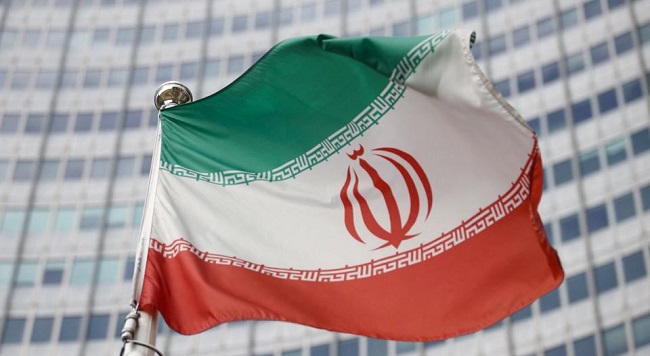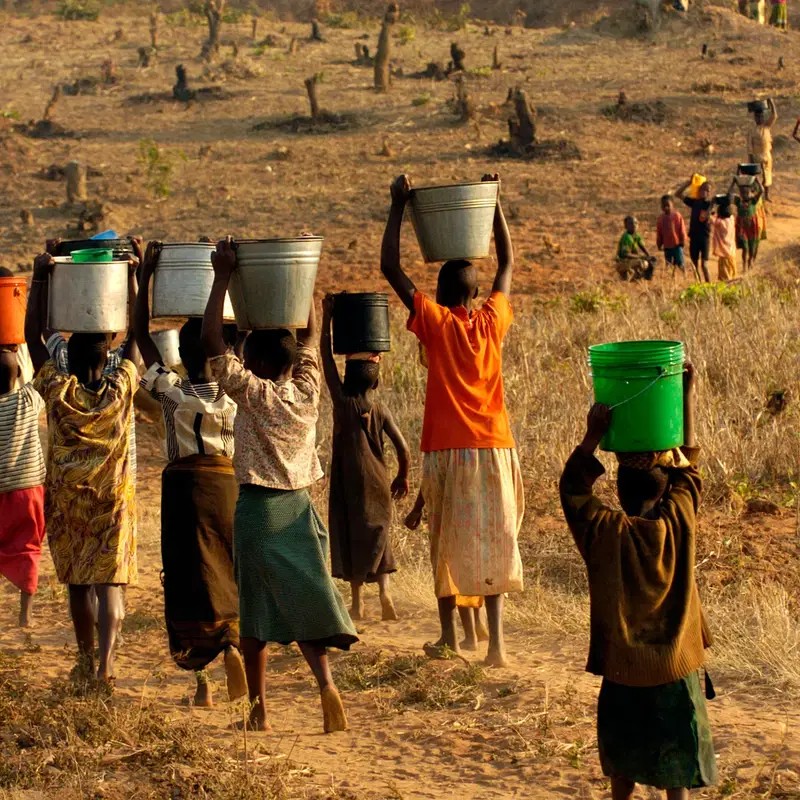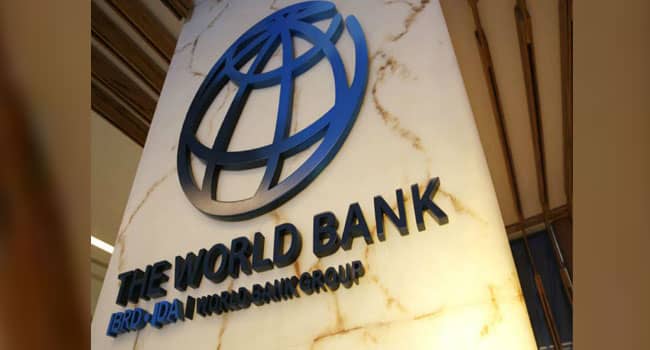The conflict between Iran and Israel has entered a critical phase as Tehran promises a forceful response to recent U.S. airstrikes targeting its nuclear infrastructure. Despite international calls for de-escalation, military operations have intensified across the region.
Iran’s Supreme Leader, Ayatollah Ali Khamenei, condemned Israel’s ongoing military campaign, describing the June 13 airstrikes as “a grave miscalculation.” The Iranian government has pledged to respond decisively to what it terms a “hostile” act by the United States, warning of severe consequences.
The Israeli Defense Forces reported multiple successful strikes on Iranian military assets, including missile sites and six airports allegedly used for regime operations. Fighter jets and helicopters were reportedly destroyed in these coordinated attacks.
Meanwhile, U.S. President Donald Trump claimed that advanced “bunker buster” bombs were deployed to destroy Iran’s nuclear sites in Fordo, Isfahan, and Natanz. He asserted that the missions had effectively neutralized Iran’s nuclear threat, although experts caution that it is too early to determine the full extent of the damage.
Iran’s Armed Forces spokesman, Ebrahim Zolfaghari, issued a stern warning on state television, declaring that U.S. involvement would prolong and deepen the regional conflict. “The fighters of Islam will deliver unpredictable and targeted responses,” he said.
The international community responded with growing concern. Oil prices surged by over 4% amid fears of wider instability. China urged restraint, while Oman criticized the strikes and emphasized the importance of continuing diplomatic dialogue.
In Europe, Britain, France, and Germany called on Iran to avoid further actions that could destabilize the Middle East. Iranian Foreign Ministry spokesman Esmaeil Baqaei stressed that the attacks occurred during a crucial phase of diplomatic negotiations, accusing Washington of deliberately sabotaging peace efforts.
U.S. Secretary of State Marco Rubio appealed to China to help prevent a potential Iranian closure of the Strait of Hormuz, a vital passage for global oil trade. The U.S. State Department also issued a global travel advisory for its citizens.
Public sentiment in Iran is increasingly tense. In Tehran, demonstrators rallied against the U.S. and Israel, while residents in regions far from targeted sites expressed fear over future attacks. Iranian President Masoud Pezeshkian condemned the U.S. for backing Israeli aggression and vowed a retaliatory response.
Although the Pentagon has stated that regime change is not its goal, Trump fueled speculation with a controversial social media post suggesting the idea could be on the table if Iran’s leadership fails to “make Iran great again.”
The Pentagon’s early assessments confirmed significant destruction at targeted nuclear sites, with satellite imagery reportedly showing craters and extensive surface damage. Rafael Grossi, head of the International Atomic Energy Agency (IAEA), urged an end to strikes on nuclear infrastructure, warning of grave global risks.
Iran claims over 400 lives have been lost due to Israeli strikes, while official reports indicate 24 Israeli fatalities in Iranian attacks. Despite the toll, Israeli Prime Minister Benjamin Netanyahu stated that operations will continue until Iran’s nuclear and missile capabilities are completely dismantled.
As diplomatic channels falter, a joint resolution circulated by Russia, China, and Pakistan at the UN Security Council calls for an immediate ceasefire. However, with no consensus in sight, the region remains on the brink of broader conflict.





